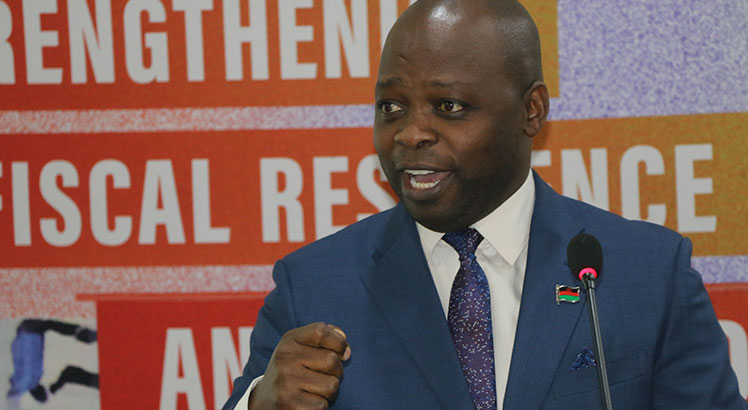Until last week we were still in Karonga where we had gone to attend the Karonga-Chitipa Heritage celebration. We stayed on to enjoy susa and mbalagha roasted on charcoal-powered open grills. If you have been to Karonga, home of Kilombero rice, but have not been to the Malawisaurus dinasaur museum and eaten mbalagha and susa, you have not visited the richest district in the northern region. Even King Kyungu will not recognise you as a friend of Karonga.
Like Mangochi, Karonga is a town built by Karongians for Karongians. Unlike Mpotoans from other districts, Karongians invest in and develop their district. Rarely, if ever, will Karongians beg government and outsiders for assistance. Like Mangochians, Karongians help themselves, first, and other helpers follow. Like Mangochians, Karongians rarely cry about being ignored by their government. They just remember to look after themselves.
Retired and reigning Karongian MPs still live and ‘suffer’ with their people right there in their Karonga, the land of their ancestors since the era of the dinosaurs.
While in Karonga, we learned that there exists an umbilical cord between the Yao and the Ngonde peoples; which explains why Kyangonde and Chiyao are mutually intelligible. Speakers of these languages are able to understand each other although they do not each speak both languages.
However, we had to leave Karonga to honour a solemn invitation by the Inspector General of Police. So, the leader of our delegation, Abiti Genuine Prof. Dr. Joyce Befu, MG 66, MEGA-1, and NPC-I, Al Hajj Mufti Jean-LePossoin, SC (RTD), and I, the Mohashoi, left Karonga Thursday evening and decided to drive to Lilongwe to pick up a parcel before proceeding to Kanjedza, Limbe where the passing out ceremony we had been invited to would take place on Saturday.
Around half-past five in the morning, we drove past Tikumbu (misspelt as Tukombo) in Tongaland. When we approached the Mlowi River, we slowed down because tree branches and leaves had been laid down on the approach, warning us to slow down.
We did. On the bridge itself, people had gathered, some were shaking their heads, and others were wailing and mourning. A partially-shrouded man was lying down on the western lane of the bridge. We stopped.
“What has happened here?” Abiti asked, wiping tears, as she mournfully walked towards the mourners.
“That man has been killed?” one male voice responded.
“Killed by a car?”
“Quite unlikely because there is no sign the man has been killed here. There is no blood around. We suspect, he has been murdered in the night and just been dropped here to give the impression that he has been killed by a hit-and-run driver.”
“So, have you reported the matter to police?”
“Police? There is no police here. The nearest police station is at Chinthechi, about 45 kilometres to the north or at Nkhunga in Dwangwa, about 50 kilometres to the south.”
“Why did you not call the police for them to come?”
“We don’t have their numbers!”
“Ok. We will proceed with our trip. Whenever and wherever we meet a police officer we will report the matter.”
We left and drove all the way to Dwangwa without meeting any police officer. We decided to go to Nkhunga Police Station. There was no one.
So, we continued with our trip. By 8.30am, we were at Kaphatenga, Salima, but decided not to report to the police guarding the roadblocks there.
We drove up to Lilongwe through Mvera. About 90 kilometres. Unlike the 90 kilometres between Chinthechi and Dwangwa, on these 90 kilometres we were greeted by over five teams of police officers.
We decided pronto not to attend the passing out parade at Kanjedza to protest the under-allocation of police officers.
While in the cities every township and location has a police station and adequate police officers, in the rural areas of Malawi police office stations are a luxury, virtually non-existent. Crime is committed daily but not reported because there is nowhere to report it.
This could explain partly why when rural Malawians find or capture a suspect of a crime, they deal with him or her instantly, because they have no police officer to report to.
Even when the matter is reported to police, the police rarely come because they have no transportation. Even when they come, they do so very late.
Madam IG, why are rural areas underserved? Why are urban areas overserved? Are urban dwellers more Malawian than rural dwellers? Yankhani timve.
The post Police IG: Why are rural areas underserved? appeared first on The Nation Online.
 Moni Malawi
Moni Malawi 